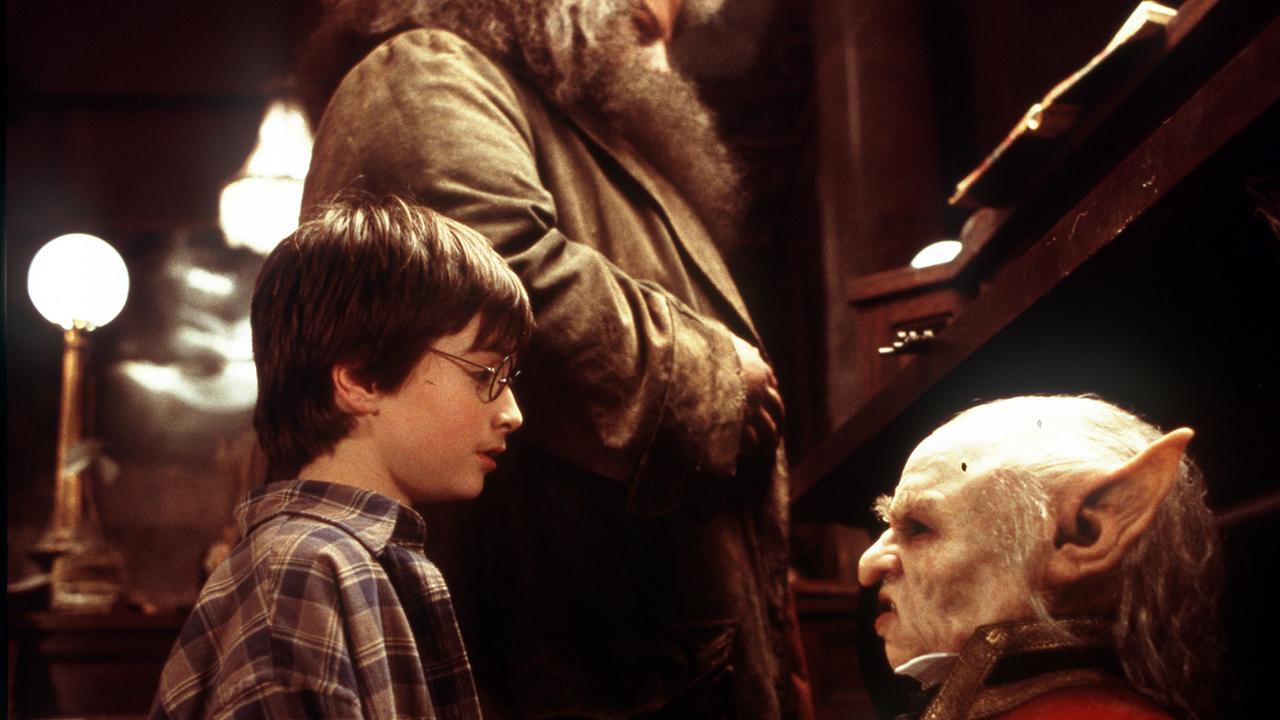Youth with stars in their eyes
A new documentary offers compelling insights into NIDA's class of 1977
THE acting class of 1977, operating then out of old tin sheds at a one-time military camp beneath fig trees in Sydney's inner-city Kensington, produced some leading lights of film, television and theatre.
But not all in that famous group became stars.
There's little doubt the National Institute of Dramatic Art was an awful experience for some people. The tutors were contradictory and sometimes seemed to be as much in the dark about acting as their students. Learning was psychoanalytic, all about mental discovery and transformation, and the developing of a skin thick enough to resist the industry's tendency to humiliate and degrade actors.
As revealed in a witty new documentary, Actingclassof1977.com, screening on the ABC this weekend, nothing in their training prepared the students for how to deal with unemployment, auditions, agents or even directors. Writer-director Sally McKenzie was one of the class and this documentary of hers is an account of what happened to them all.
The actors describe a tough experience that at times was humiliating and manipulative.
The great survivor of the 1977 NIDA class was, of course, Mel Gibson. He remains a stalwart example of the way even great actors have to become their own champions, vigilant in the defence of their interests.
"I wanted to work, I enjoyed working," Gibson tells McKenzie. "The novelty of being noticed, of getting famous, wore off very fast, so that aspect of it has been the biggest pain in my arse." But he says celebrity took him over. "I couldn't stop; it's like an addiction, this game." Still, he admits to being at a stage where he is tiring of it all. "I'm at that place where I'm saying to myself, do I want to do this any more?" he says. "I want to reclaim my anonymity."
Judy Davis refused to participate in the documentary, which is a pity as she is the most eloquent of actors. She once told me that, for her, acting had been a confronting process of accepting that you can't hide "these pieces of yourself". To continue to act, she believes, you have to be prepared for everything that's possible to be revealed. "That's part of the deal as an actor," she said. What makes actors so crucial to the community is that they bear witness to those processes of self-revelation in the public arena. "If you are doing it with a degree of care, then probably the actor has a good chance of ending up saner at the end of the process."
Not everyone for the famous class of '77 would agree with her.
Directed with sympathy and discrimination, the documentary is a droll look at the nature of actors, what it's like to become one and the toll that their careers take. It's about survival and the terrible regret that accompanies those highly trained performers who don't make it and how their sadness never goes away.
It opens with McKenzie accessing an imaginary NIDA website as if to nostalgically relive history, sharing the collected memories of the class that included future luminaries Gibson and Davis. "It's a pity there aren't more famous people in it, especially when it comes to selling it overseas," McKenzie says dryly by phone from Brisbane, where she lives and sometimes still works as an actor.
Gibson and Davis became internationally marketable but, although some of their contemporaries have had sporadic careers in the theatre and television soaps, the rest have largely faded back into the obscurity from which they attended their first audition for the acting school.
As her documentary opens, a large bottle of scotch at McKenzie's elbow gives the game away; she's like a classic female private investigator trawling the past to understand the present. Like a crime writer's heroine, her commentary is delivered with a kind of caustic compassion, trying to bring some humanity and justice into the frequently uncaring world of acting. The private eye conceit is a nice idea.
"It was about finding an overarching narrative and, at the same time, I needed a device that let me dip in and out of chronology," she says. Her footage includes filmed interviews, archival footage and revealing home movie sequences shot at various reunions. Initially, the reflections of the famous class, which begin the doco, are ironic and guarded, or just genuinely perplexed.
"My life in art?" wonders Gibson, doing his familiar hard guy face-pulling routine. "I don't really think of it as art. I think of it as a living. If other people mistakenly think of it as art, that's their misfortune."
Then McKenzie introduces her present-day characters more fully, each holding cardboard signs displaying their names to camera, just as they still do for screen tests. "I'm Steve Bisley," the craggy actor and former truck driver says, like a man running his eye over a previous incarnation. "I get cast in predominantly Australian police roles."
It's an amusing device pointing out how much auditioning the jobbing actor, no matter how famous, does in Australia. These days, they occasionally work at their craft while they teach themselves to diversify into other areas, as McKenzie has done. "It might put everyone off acting for life," she says of her program. "There is still such a small hole and so many people want to fill it."
The actors describe a '70s student existence that was obsessional, passionate, despairing and incestuous.
"We were all f..king each other," the irrepressible Bisley says.
Says Linda Newton, one who didn't make it and who works in zoo administration: "Wespent the first year knowing they were going to throw half of us out; not very conducive to creativity."
"It was so primitive and so different to the way it is today," McKenzie remembers of the experience. "You go back now and you can't hear the figs dropping on the tin roof of the theatre during poignant moments." She shudderingly recalls three years of being on her mettle every moment, her life a perpetual performance. For the class work every day, the students needed to find a pool of liberated energy that had nothing to do with the way they presented themselves in life.
"I'm surprised anyone wants to act again after they leave NIDA," Newton says in the film. She's still a vulnerable attractive presence, but it's as if she was permanently cowed by the experience.
"They stripped you bare emotionally in order to make you a better actor," says Debra Lawrance, best known for her role as Pippa Ross on soapie Home and Away. "They didn't tell us that's what they were doing; I just assumed I was going mad."
Lawrance speaks revealingly of the day in final year when Sydney's only three show business agents came to see their work. "Some man said, 'Debra, you are going to be really good for film,"' she recalls, still aghast. "In those days we thought television and film, well you didn't do those; we had been trained classically for theatre."
McKenzie says the class was almost brainwashed to believe that screen acting was lowbrow and that the mark of an actor was their diversity. Instead, "we came out of NIDA and discovered there was a screen renaissance happening and acting was all about being typecast", the director says.
She says nothing in their training had prepared them for the callousness of the marketplace, where appearance was everything. The first thing they discovered about acting as a career was that being able to do it was far less important than being able to satisfy some casting director's whim, fantasy or exasperated expectation.
Actingclassof1977.com, directed by Sally McKenzie, tomorrow, 8.30pm, ABC2. Repeated on ABC1, Sunday, June 1, 3pm.



